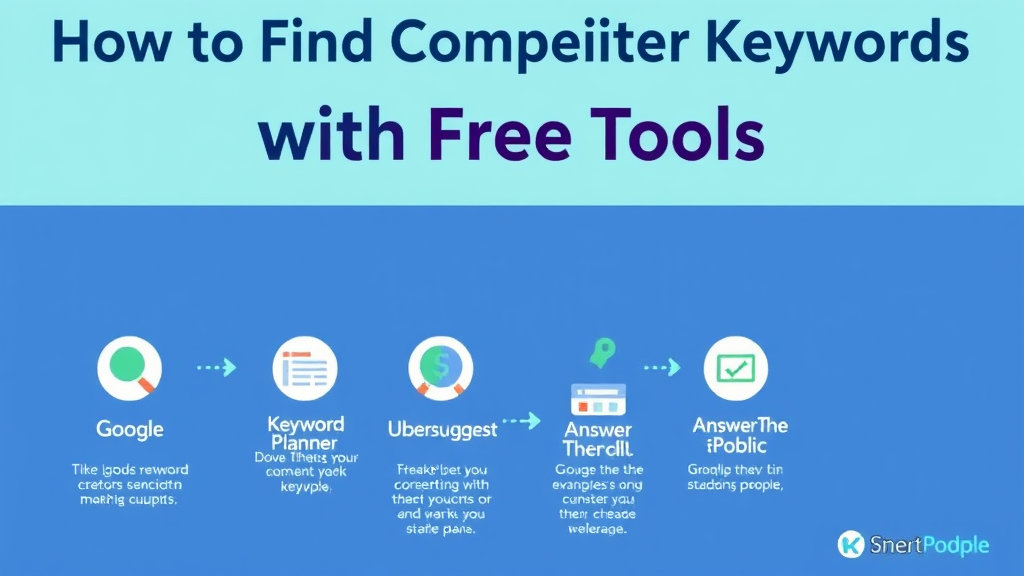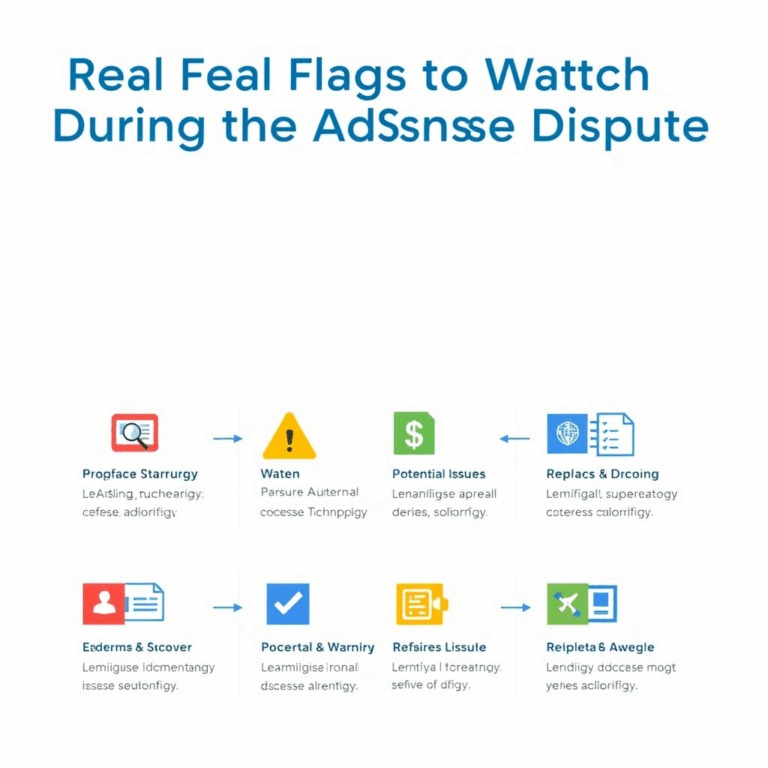How I Find Competitor Keywords With Nothing But Free Tools
Google Autocomplete Is Dumb But Effective
Autocomplete isn’t smart. It just whispers whatever weird search trends people are repeating that week. But if you sit with it for 15 minutes, purposely typing like a user instead of an SEO monkey, you’ll start to see competitor targeting patterns peek through.
I was helping a friend who runs a super-niche grill accessories store. Their traffic was flatlining. I typed in best grill gloves for, then scrolled letter-by-letter. Brought up an entire buffet of unexpected keyword bluff: “for Blackstone users,” “for large hands,” “that don’t melt.” None of this showed up in any free keyword tool.
Tip: Frame queries around buyer behavior. Try best [thing], [thing] reviews, [thing] alternatives, or [thing] Reddit. Then build out from the tail-end words. Pattern behavior is buried in those autocomplete variations.
I once found a competitor’s bestselling product — a knife sharpener — because Autocomplete suggested “knife sharpeners that don’t ruin Japanese steel.” That exact phrase literally led to 3K+ sessions/month after we copycatted the page title and meta.
Scraping Competitor Meta Titles (And Why They’re Messy Gold)
This is where I probably broke something.
Back in 2021 I built an admittedly janky micro tool to scrape only the <title> tags from top 10 pages of 30 terms I knew our competitors were ranking for. Didn’t touch content yet — I just wanted to observe how their click-thinking worked. Even free tools like Screaming Frog’s free mode or browser-based scraping extensions can get you there.
Here’s the thing though: meta titles often include phrases like “(2024 Update),” “Ranked,” or “vs X Brand” that never show up in keyword research tools. And those are the terms users actually type conversationally when they’re comparing stuff.
You’ll find timing words, purchase intents, urgency boosters… all buried in their title experiments. It’s not high-volume stuff. It’s long-tail traffic glue.
Minor bug warning: Ubersuggest used to ingest and regurgitate your session tracking from scraping heatmaps when I was viewing competitor tags, which somehow made my own page audits start flashing misattributed monthly volume. Couldn’t replicate it after clearing every cachey object I could find.
The Hidden Power of YouTube Search Suggestions
About 60% of the killer keywords I’ve found lately never came from AdWords or SEMrush. They came from just typing half-queries into YouTube. Especially on mobile. I kid you not, sometimes I get radically different autosuggests just by switching devices.
Undocumented behavioral quirk:
YouTube autocompletes algorithmically favor queries that perform well in suggested-video clickthroughs — not raw search queries. So if a competitor has a good thumbnail/title combo, even off a meh keyword, it can trickle up as a high-interest autocomplete. Meaning: rewarding clickbait becomes search surface area.
Aha moment: I typed “GPT prompt for” and got “for programming interviews” — which didn’t show up in Ahrefs, SEMrush, or even Google Trends. Turns out it was just the title of a viral dev YouTuber who loved thumbnails with eyeballs and fire emojis.
That phrase brought in over 800 email signups in two months once wrapped into a listicle on our core site. I would’ve missed it entirely with traditional SEO tooling.
Searching Reddit via Site Search + Organic Serp Crossover
It actually feels a bit like cheating.
Plug this into Google:
site:reddit.com "competitor name"You’ll almost always find at least one thread with real humans explaining what they thought the brand was promising, what pissed them off, and (goldmine) what feature they switched to. Sometimes a user drops whole competitor brand names casually because they copy/pasted outreach templates.
More than once I’ve built a set of profitable info keywords purely from the complaints section:
- “[brand] doesn’t let you export X in CSV” → built a workaround tutorial → massive Reddit referrals
- “is there a better UI than [competitor]” → turned into comparison content that ranked
- “they only support US tax codes…” → global variant comparison targeting helped us snipe international Rank #1
You won’t see this surface in regular keyword tools because Reddit links often don’t trigger structured keyword scraping — especially if the thread title doesn’t match the body phrasing.
GSC’s Dumb Internal Site Query Parameter Logic
God help you if you trust Google Search Console to parse anything with a query parameter cleanly.
I had a subdomain experiment up — a knowledge base using ?page_id=XYZ groups for legacy docs. GSC was grouping all internal search terms under the same report, making me think one behavior was winning when it was actually referring to six different content interactions.
Ugly fix was to rewrite internal tooling to flatten those params using a single hash-routing workaround. But before doing that, I cross-referenced what landing page URLs Google was not showing search keywords for — and it turned out GSC completely ignores variants that don’t canonicalize properly.
Takeaway: if you want to track long-tail tailwinds via GSC, avoid query parameters and dynamicish page names. Give your content URLs real, indexable shapes, or your keyword discoveries fall into a null set that GSC silently drops.
Using Moz’s Free SERP Overlay for Quick Recon (Yes, Still Alive)
It’s oddly still functional, even though it looks like it’s from 2014. MozBar has a SERP overlay you can slap on Chrome — and if you ignore the DA obsession and just watch for title + URL patterning, it gives you the 15-second recon you sometimes need to pick apart competitor keyword traps.
Mini list nugget:
- Flag pages ranked with weird URL slugs like /tool-vs-tool-uk or /product-x-alternatives
- Watch for repeated patterns like /reviews/, /compare/, or /cheapest/ — that’s their content skeleton in the wild
- Title tags like “Not Worth It?” + product name = usually indicate high bounce OR high conversion, depending on strategy
- If three competitor titles all pitch a number (e.g. “Top 7”), try outranking with a number + month variant
- SERP descriptions with quote blocks often mean direct forum scraping — good for user pain language mining
I used this to find one competitor who was milking “free templates for subcontractors” as their monthly lead magnet — even though those words attracted almost no search volume. Those user intents turned out to convert 3x better than “template builder” did.
DuckDuckGo’s Page Titles Don’t Match Google’s — Weaponize That
Okay so this one took a while to figure out. DuckDuckGo’s SERP scraper rewrites snippets differently than Google, and on mobile the titles and descriptions can collapse into single-line blurbs pulled from OpenGraph instead of the page’s meta.
Why does that matter? Because some competitors optimize their OG tags for social shares instead of SERPs, but those OG titles bleed into DuckDuckGo’s result preview… sometimes exposing internal test phrasing or alternate ad copy tags not meant for search at all.
That’s how I tripped over a competitor trying out the phrase “lightning fast tax estimate” buried in an OpenGraph field. Nobody was ranking for it — nobody seemed to use that combo. I bought the exact-match domain variation on a lark. It’s now a top-three result for a mid-volume seasonal phrase during filing season.
Google Ads Transparency Reports Leak Surprise Keyword Buckets
This one’s still under-discussed. The Google Ads Transparency Center lets you view ads per advertiser. Which means: if your direct competitor runs AdWords, you can spy on every ad they’ve approved, including the headlines, callouts, and landing pages.
Is it reverse keyword magic? No. But it’s a backdoor into what hooks they’re testing for higher-priced clicks.
I found a competitor testing three versions of essentially the same product — one pushing “tax-ready 1099 exports,” another “gig income calculator,” and a third “freelancer tax reports.” The latter pulled far more social attention (verified by Ad Library comments) even though Search Console showed zero volume. That told us which phrasing clicked, not just ranked.
Google’s Ads Transparency Center isn’t well-documented for SEO use — but they’re sitting on a pile of phrasing experiments if you read it like a linguist instead of a marketer.
Undocumented curiosity: sometimes older ads list URLs that don’t resolve anymore — meaning you get to watch how their dying funnel logic evolved.













